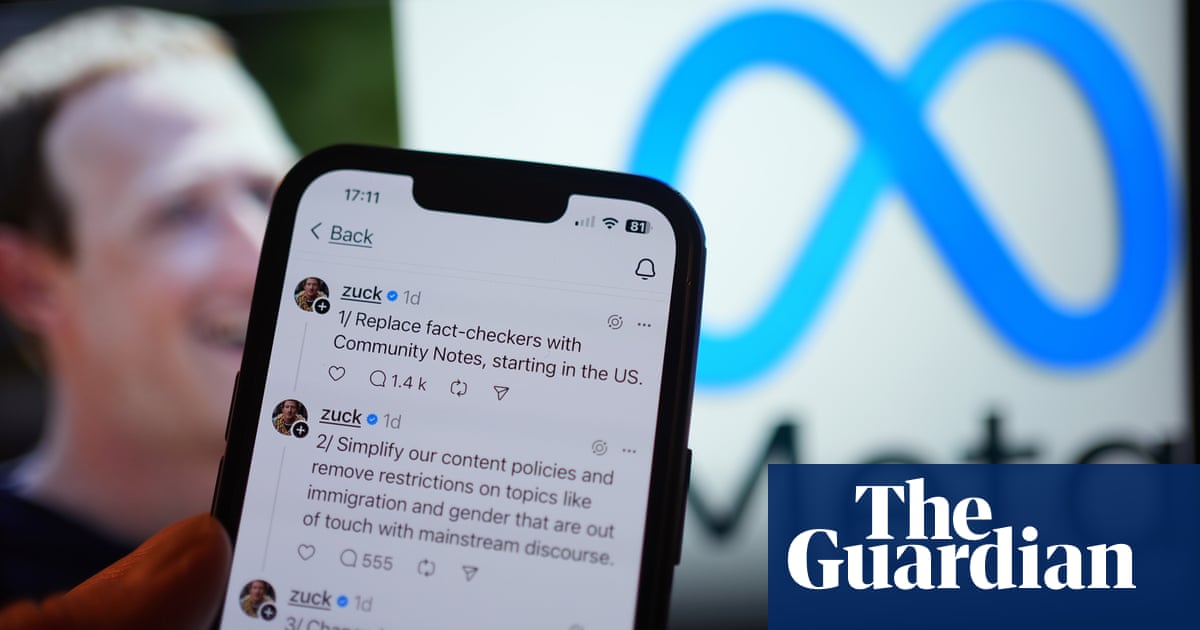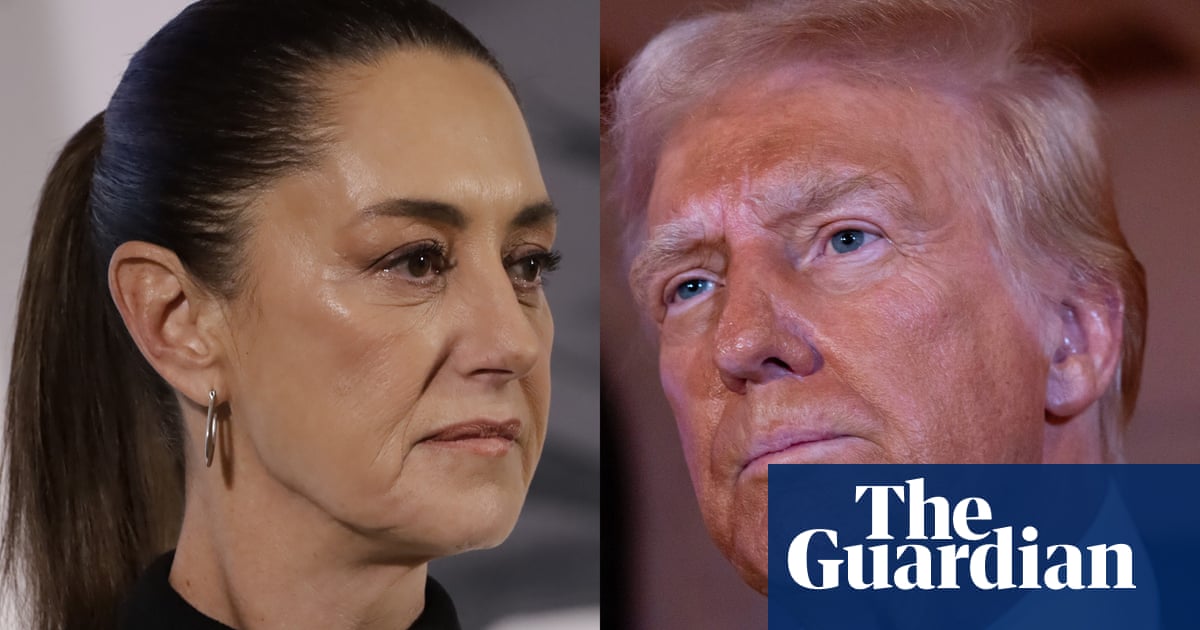Two senior police officers have apologised to Dawn Sturgess’s family for falsely describing her as a known drug addict while she was in hospital for the novichok poisoning that killed her, an inquiry has heard.
One of the officers, who liaised with the hospital treating Sturgess, also apologised for claiming in an email that ambulance and fire service crews who came to her aid had “panicked somewhat” by concluding her condition was the result of nerve agent poisoning.
Sturgess, 44, died on 8 July 2018 after she was exposed to novichok which was left in a discarded perfume bottle in Amesbury, Wiltshire. It came four months after the attempted murders of former spy Sergei Skripal and his daughter Yulia in nearby Salisbury.
The Skripals survived as did Sturgess’s boyfriend, Charlie Rowley, who had unwittingly given her the discarded perfume bottle containing the nerve agent.
The inquiry into the incident was shown an email from the temporary superintendent Kerry Lawes, who was a detective sergeant at the time of the poisoning, to the coroner describing Rowley and Sturgess as “two well-known drug addicts”.
“My view is this is still an OD [overdose], there is no suggestion of any third-party involvement from officers who attended the scene.”
In written evidence read to the inquiry on Monday, Lawes said: “I now know that there is no intelligence to support the contention that Dawn Sturgess was herself a user of illegal drugs or an addict. Therefore, I would also like to take this opportunity to personally and sincerely apologise for any distress that may have been caused to Dawn’s families and friends.”
Lawes said it was “unprofessional” of her to claim in the same email, sent a day after Sturgess was taken to hospital, that fire and ambulance crews had “panicked” by concluding she had been poisoned by nerve agent. She apologised for that remark too.
The inquiry was also shown an email from DS Eirin Martin on 2 July referring to Sturgess amd Rowley as “well-known local heroin users”.
Challenged about the email by the counsel to the inquiry, Martin said: “Charlie Rowley was known to me as a heroin user and a heroin dealer within the area, but Dawn Sturgess was not known to me at that point.”
She added: “I was given a handover [email] which contained information suggesting that Dawn was a heroin user, which is why I think that I’ve added those words. However, I recognise now that this is inaccurate, and of course, I apologise.”
Martin defended authorising the release of a police press release on 2 July in which she was quoted as saying: “We believe that two patients have fallen after using from a contaminated batch of drugs possibly heroin or crack cocaine.”
She told the inquiry: “The hypothesis that Dawn had ingested drugs, or had come into contact with drugs that had caused her to be ill, was a valid hypothesis at that time, given the information that we had.”
Asked why she had not warned the public about a second hypothesis that Sturgess may have ingested nerve agent, Martin said: “We were not trying to panic or give any indication there was anything to be concerned about.”
Stephen Jukes, a consultant who treated Sturgess and had also treated the Skripals, was asked if his assessment about the cause of her symptoms would have changed if he had been told in a phone call by Lawes that there was no intelligence to show she was a drug user.
He said: “It’s hard to say but new information is always likely to tip the balance.”
But later, under questioning from a barrister for Sturgess’s family, he said: “I was trying to treat her as I found her. It would not have changed where we were at that time.”
In his written evidence, Jukes said his colleague Dr Paul Russell, “who had experience in this area”, thought it “highly unlikely that a chemical weapon was involved, and advised that decontamination measures were unnecessary”.
The inquiry continues.

.png) 2 months ago
18
2 months ago
18













































